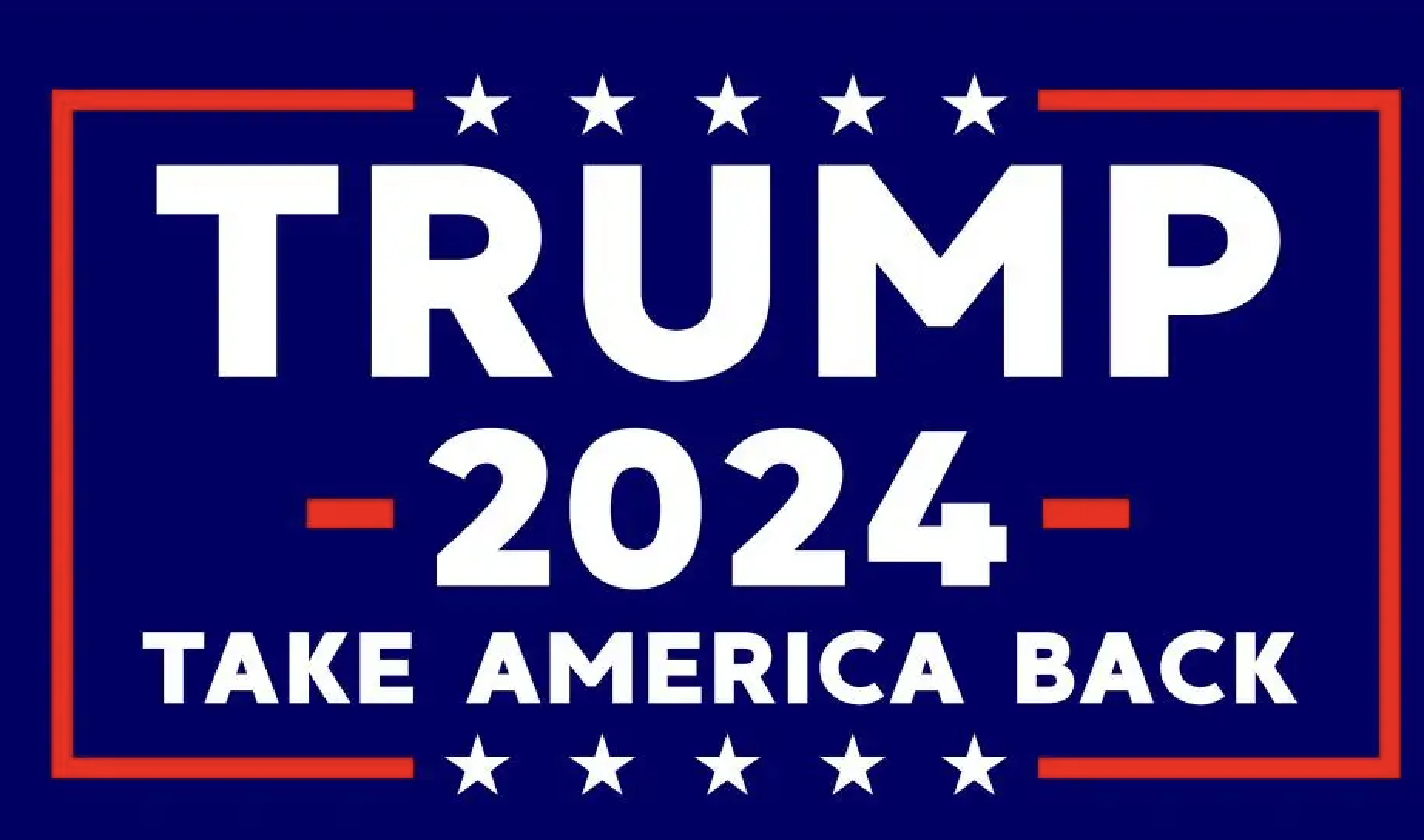
Anxiety is arguably one of the most prevalent mindsets in Europe today, reflected in the theme of the Munich Security Conference 2024. This anxiety is fueled not only by geopolitical and economic uncertainty but also by the looming specter of the 2024 US elections, particularly the possibility of Trump returning to the White House.
While Biden’s election initially brought relief to Europe, Trump’s significant vote share in the last election has continued to cast a shadow over the continent. With Trump leading in the polls as the US election approaches, discussions surrounding his potential return are intensifying in Europe. Preparing for this possibility has emerged as a pressing and urgent issue for the continent to address.
Europe’s triple skepticism
Europe is bracing for a whirlwind of political shifts in 2024, marked by both the European Parliament elections and those within numerous EU member states. Yet, the impending US election in November holds equal significance for Europe, impacting the trajectories of Ukraine, NATO, and the EU itself.
If Trump’s 2016 election was a rare event, his potential return in 2024 could be destined. While Europe has experience dealing with Trump, a re-elected Trump could adopt a more assertive governing stance, injecting uncertainty into pivotal issues shaping Europe’s future.
One critical concern revolves around the Ukrainian crisis, which has remained a key geopolitical focus for Europe. Dependent on US leadership, Europe anxiously awaits potential shifts in US policy toward Ukraine post-election. Trump’s past remarks and policy proposals, including cutting off aid to Ukraine, stand in contrast to Europe’s current approach, leaving Europe in a quandary: compromising its stance or independently aiding Ukraine.
Furthermore, Trump’s isolationist tendencies pose a threat to the future of NATO and transatlantic relations. While Biden’s administration revitalized the transatlantic alliance, Trump’s potential return could reignite disputes over NATO defense spending and collective defense obligations. Despite precautions taken by the US Congress, Europe remains wary of potential upheavals in NATO dynamics under a re-elected Trump.
Moreover, Europe grapples with concerns regarding the EU’s internal stability amidst Trump’s possible re-election. Trump’s alignment with right-wing populism in Europe could exacerbate existing challenges, such as migration and climate issues, and deepen divisions within the EU. With some member states favoring closer ties with the US while others seek to bolster Europe’s strategic autonomy, Trump’s return threatens to polarize transatlantic relations and widen fault lines within the EU.
In essence, Europe faces a complex web of uncertainties, from navigating the Ukrainian crisis to safeguarding the integrity of transatlantic alliances and mitigating the divisive impact of right-wing populism. The outcome of the 2024 US election holds profound implications for Europe’s geopolitical landscape and its internal cohesion.
Preparing for Trump’s possible return
As the dust settles from the US election, Europe must brace itself for the potential return of Trump. Preparations are underway across three critical fronts: supporting Ukraine, enhancing defense capacity, and navigating potential trade conflicts.
Firstly, Europe is ramping up economic and military aid to Ukraine. At the multilateral level, EU leaders have approved a substantial 50 billion euro aid package over four years, signaling Europe’s commitment to taking a leadership role in supporting Ukraine. Additionally, the EU is bolstering military assistance through initiatives like the European Peace Fund, with a total of 6.1 billion euros provided since 2022. Bilaterally, EU member states are forging security agreements with Ukraine, offering both security assurances and tangible military support.
Secondly, fortifying defense capacity is paramount for Europe’s self-defense and to support Ukraine. At both multilateral and bilateral levels, efforts are underway to strengthen Europe’s defense industry and increase defense budgets. The EU’s launch of the European Defense Industrial Strategy signifies a milestone toward defense autonomy. NATO’s European members are also boosting defense spending, with 18 countries set to meet the 2% threshold of defense budgets in 2024, a historic achievement.
Lastly, Europe must prepare for potential protectionist measures under a re-elected Trump. Anticipating tariffs on EU products, the EU aims to engage with the Biden administration while reinforcing its own economic competitiveness through single market reforms. However, the EU’s Economic Security Strategy may require adjustments to address threats posed by Trump’s trade policies, which may ironically endanger EU’s economic security.
In summary, Europe is actively strategizing and mobilizing resources to navigate the uncertainties of a potential Trump return, focusing on supporting Ukraine, strengthening defense capabilities, and managing trade conflicts to safeguard its interests and stability.
Prospects for strategic autonomy in Europe are promising
Trump’s first term prompted a growing inclination towards European strategic autonomy. With the likelihood of his return on the rise, Europe is once again realizing the importance of bolstering its own capabilities and shaping its destiny independently of the uncertainties of US elections. Regardless of the final outcome, the mere possibility of Trump’s return is already influencing Europe’s policy decisions. Given the unpredictable nature of Trump’s stance towards the transatlantic alliance and the deteriorating security landscape in Europe, strategic autonomy is evolving from an option to a necessity.
Although some European nations tread cautiously to avoid upsetting the US, the concept of strategic autonomy is gaining traction and becoming increasingly ingrained in European policy frameworks. This shift raises the question of whether a new strategic culture will emerge in Europe, diverging from the post-World War II emphasis on multilateralism and normative power.
French President Macron’s recent statement at an international conference on Ukraine assistance, where he mentioned the possibility of sending troops to Ukraine, sparked controversy. Viewed within the context of European strategic autonomy, Macron’s statement wasn’t merely a slip of the tongue but rather a deliberate exploration of possibilities. This statement may signify the beginning of a broader shift in European strategic thinking and action.
Source: European Council on Foreign Relations, tiktok, Arizona Mirror



